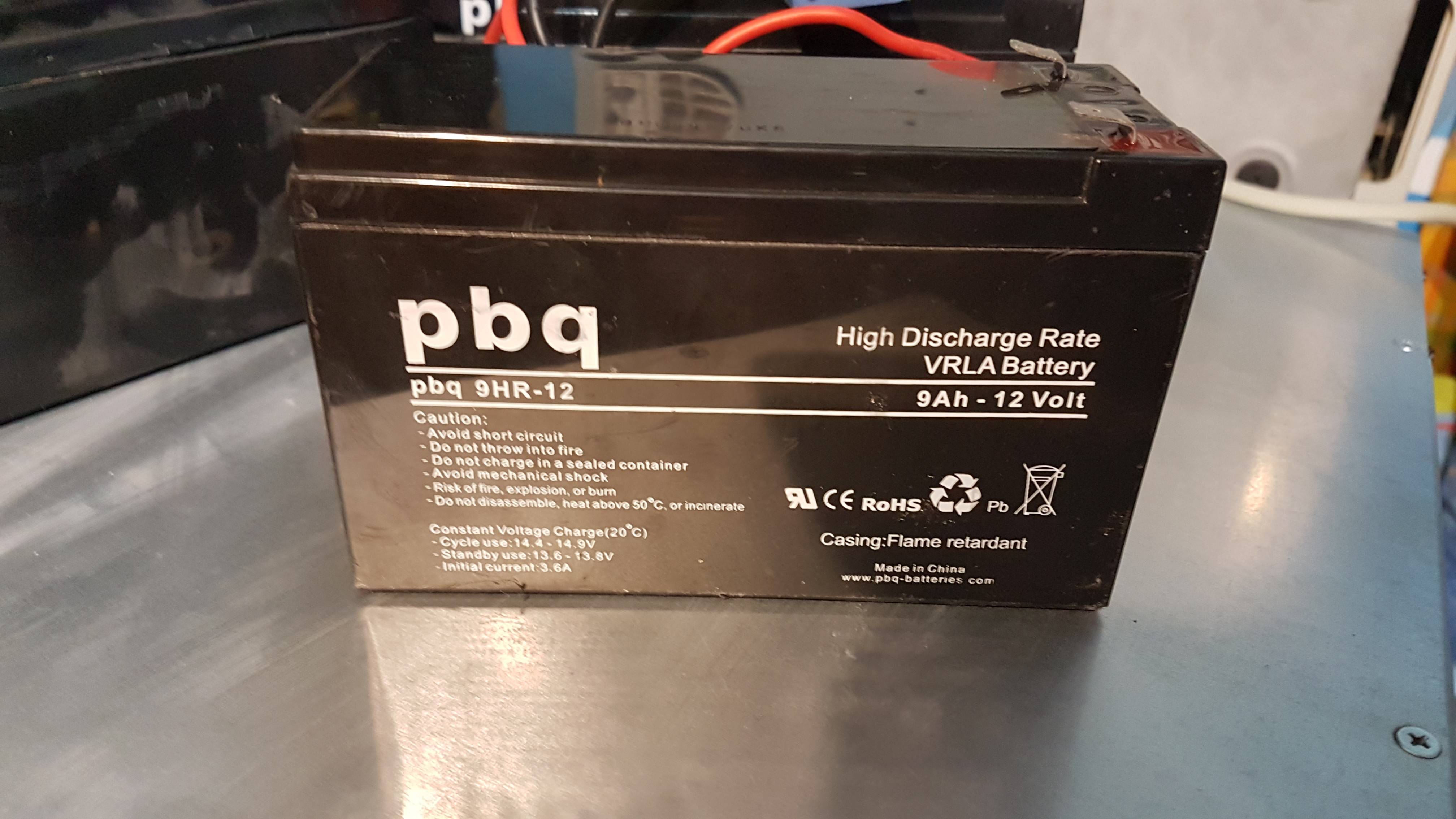I found a 2U server UPS by APC, that uses 4 sealed Pb batteries (12V 9Ah, 2 in series, 2 times in paraler, so the pack is 24V).
The batteries are totaly dead (after 8 hours of charging, they roughly give 3V and 2 of them have more rounded shape than a rectangular one.

I would like to use that UPS to power some of my devices, but buying new batteries from APC isn't cheap. However, It's almost quarter a price to buy 2 new car batteries. When connected in series, they also have 24V, but more Ah and propably could provide more amps than the sealed ones, so powering the UPS is no problem and they even should last longer. I tried the UPS on set of old ones and it works fine.
But I'm worried about charging them. If the power goes out, the UPS will run for some time and drain them. BUT will the UPS be able to charge them again (I expect it would take much longer if so), and if it will, is there any chance that the UPS will damage them during charging? If so, is there any way to prevent it?
I'm on a low budget and I would like the build to be as cheap as possible. I got the UPS from electronics dumpster (the sealed batteries inflated so much they couldn't be removed from the UPS without using very hard force, that's propably why some throwed away fully-working (but about 5 y.o.) 1300$ UPS), and pack of these 4 sealed batteries is 370$ in my country, while 12V 45Ah car battery is like 50$ each.
